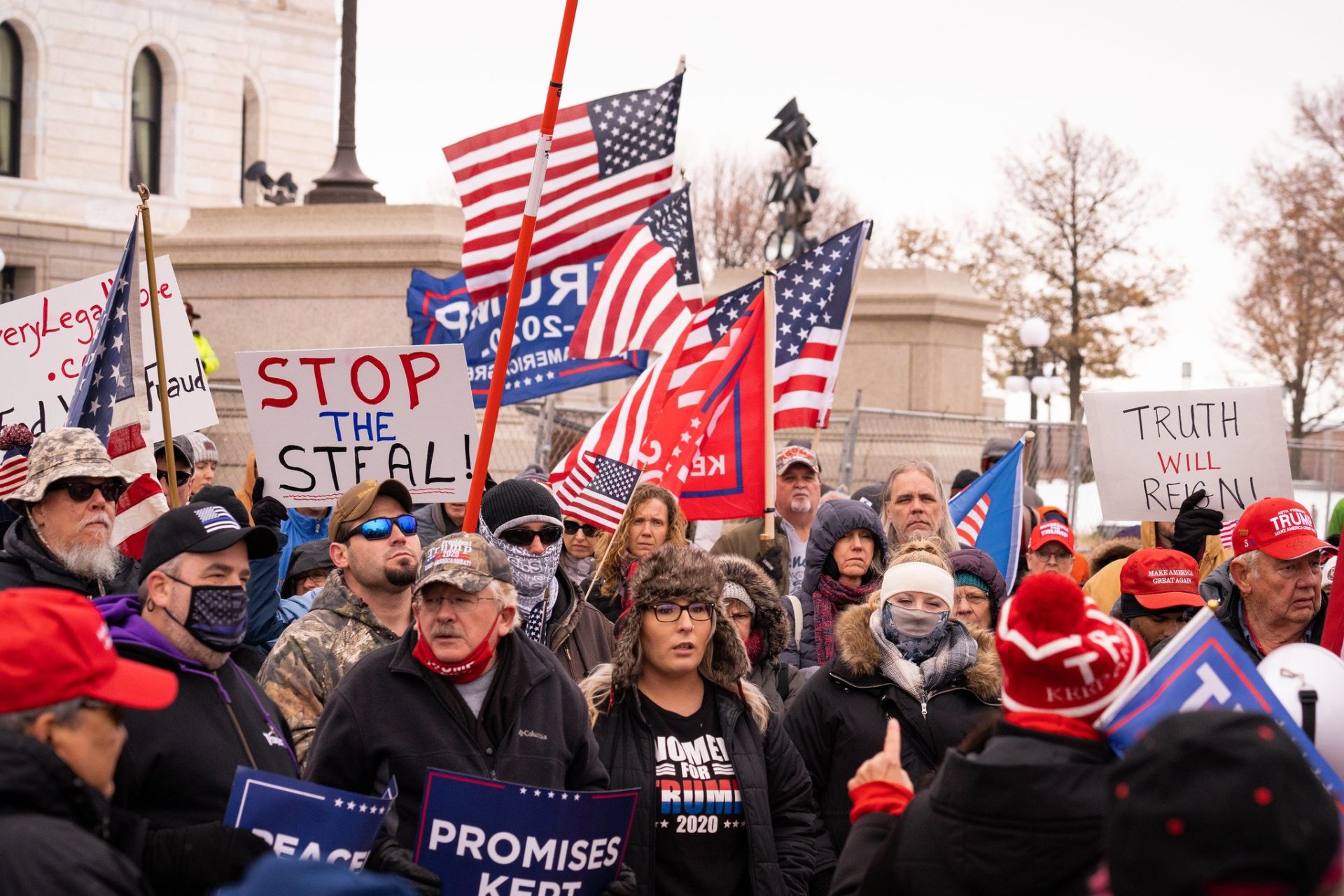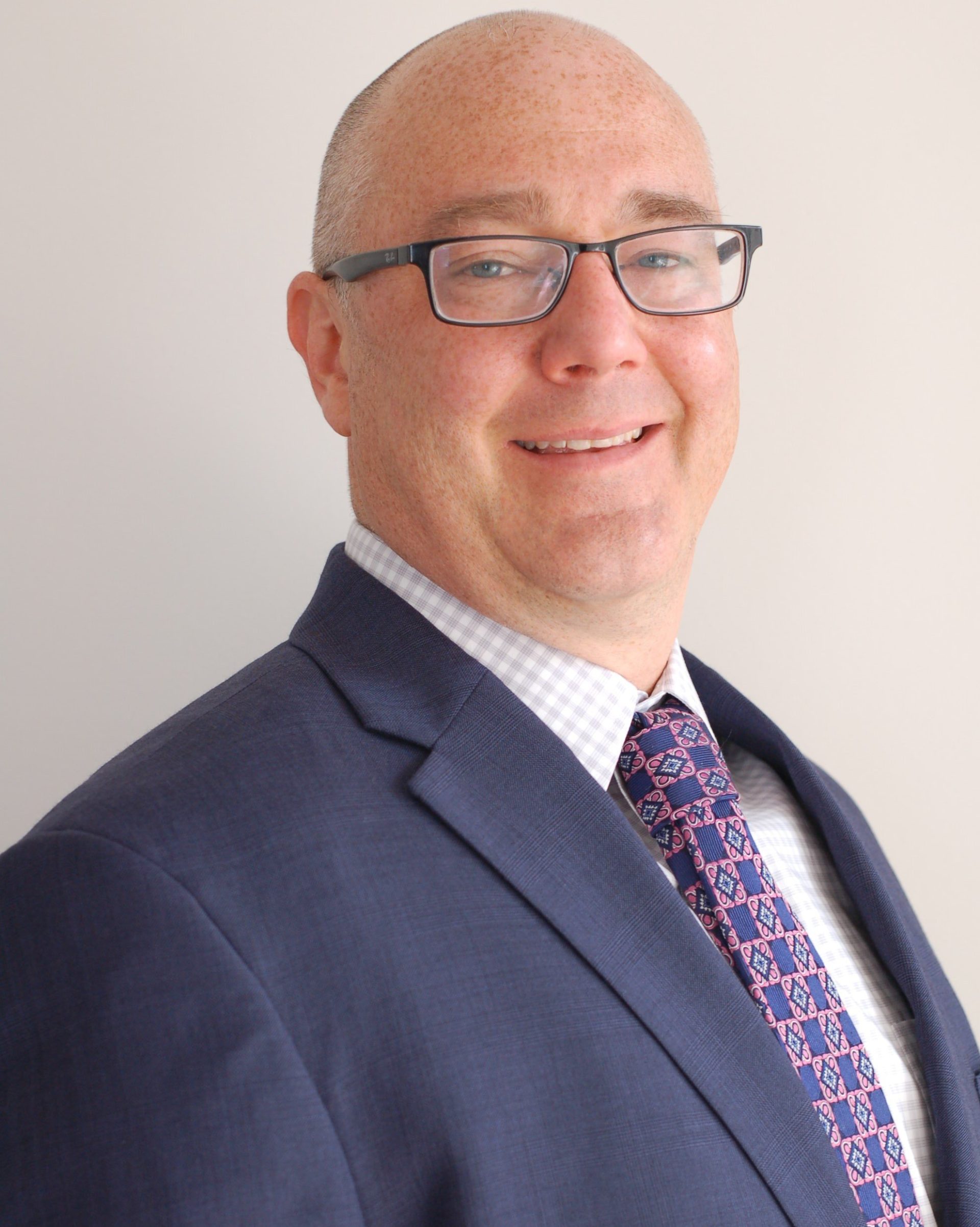
On January 6, 2021, as a noose swung from a nearby gallows, throngs of white supremacists, conspiracy theorists, and political extremists moved through the Capitol Hill hallways and stairwells searching for our democratically elected lawmakers. When the crowd finally dispersed, 156 injuries were exacted upon Capitol Police officers. The injury to our national psyche has run much deeper, and to date, four capital police officers have taken their own lives stemming from the trauma inflicted on that day.
But almost as soon as the insurrectionists dispersed, the political spin started. Conservative media outlets, politicians, and their followers immediately sought to minimize the horror and violence we saw on television. These forces have done their utmost to reposition January 6th as a largely peaceful protest, rather than an insurrection – or even a riot.
Nothing is more emblematic of this spin than the martyrdom of Ashli Babbitt, a QAnon insurrectionist who was shot by a capital police officer while attempting to break through a barrier protecting lawmakers. As reported by The Washington Post, “her death has inspired vigils, rallies, rap lyrics, social media hashtags (#justiceforashli), T-shirts (“Ashli Babbitt, American Patriot”), as well as an article in a magazine, The American Conservative, comparing her fate to that of George Floyd…” Former President Trump himself recorded a posthumous birthday video for Babbitt advocating his full support of her ‘patriotism’.
This attempt to twist the facts of January 6th is the right’s effort to ‘gaslight’ America. This term, gaslighting, however, needs to be contextualized further than it has been in recent years. Gaslighting is the process of discrediting people by questioning their mental sanity, and it is a tactic utilized by those with a much deeper psychological and emotional disease. We are witnessing a moment in time where our culture—suffers from a sickness that experts in medicine have identified on an individual basis, and gaslighting is a symptom of that sickness.
The act of gaslighting, like many mental disorders, stems from a sense of shame. It is a well-documented symptom of individuals and groups who refuse to confront their demons, and instead, go out of their way to place the onus of blame on a victim or aggrieved group.
The tactic has been embraced by what I call the ‘New White Nationalism’, an umbrella term that encompasses the extremists, conspiracy theorists, and domestic terrorists that stormed the Capitol on January 6th. I have spent the past several years researching how the noxious ideology of white nationalism has seeped into the mainstream and corrupted our institutions – particularly in higher education, which I cover in my latest book, The New White Nationalism in Politics and Higher Education.
Americans would be better served to understand that the daily perversion of facts, truth, and history that is corrupting our national dialogue are symptoms stemming from a deeper problem. Without a shared reality and culture of decency, we can no longer have important conservations that advance our society and implement common-sense policies. Americans from all walks of life have felt the degradation of these norms, and our collective yearning for their restoration is what led to Donald Trump’s ouster.
But we see every day how the ideology of the new white nationalism continues to play out beyond the events of January 6th. For instance, the continued ‘debate’ about critical race theory (about which I wrote in early July for Smerconish.com) took a new turn last week. The latest chapter of the CRT discourse took place in Southlake, Texas when a school system administrator was training teachers about how to comply with Texas’ HB 3979.
A confusing bill aimed at preventing the teaching of critical race theory in public schools, the places in the crosshairs educators who are committed to promoting critical thought and teaching the full context of America in their subjects of expertise. If one were to ask the very same educators if they taught critical race theory prior to HB 3979, they would overwhelmingly say no. So, why the bill? At its core, the bill seeks to conflate a holistic, contextualized teaching of American history with critical race theory – a niche school of racialized legal thinking usually taught in a law school setting.
But what critical race theory actually means doesn’t matter to the thought leaders of New White Nationalism. Christopher Rufo, the conservative activist who popularized the demonization of CRT, was explicit in saying that he weaponized the term to invent a culture conflict where there was none. Rufo and the conservative media apparatus are directly responsible for why we see school board members insisting that CRT was never close to their children’s classroom to begin with.
When it comes to CRT, the new white nationalism is gaslighting teachers, school board members, and other public servants by placing blame where there isn’t any. And to the benefit of the new white nationalism movement, we continue to have conversations about what was said at specific training sessions and school board meetings rather than calling out the game itself. The actual outrage should not be focused on what was said during a session, but rather, we should ask why there are such trainings in the first place. Our compliance with how these debates are framed is a win for those who want to twist the reality of history.
As the wokeness of America is becoming more pervasive, so too is the resistance to it. The cover-up of the insurrection and the current legal attempts to pervert and cease the application of Critical Race Theory in schools have the same origin.
And these culture wars are not only used to maintain political power: They stem from a fear and shame that comes from thoroughly examining our history and how the structures of racism continue to persist today. Our educators are in the crosshairs because knowledge of oppression leads to the dismantling of oppressive systems that benefit select ethnic groups. It is why we have white parents who openly think that the teaching of racism will lead their kids into thinking that they are inherently racist.
Scholars like James Weldon Johnson, Martin Luther King, and Sherman Alexie, have long noted that American racism has its origin in white people’s minds. James Baldwin noted, too, that the resistance to look at race and racism is a tactic for those who resist examining their own perpetuation of oppression to necessarily support that same oppression. Their reaction, Baldwin notes, is often to act out by pointing blame anywhere but themselves: “People can cry much easier than they can change,” he wrote.
Whether it is through the downplaying of Jan. 6th or the misplaced outrage over critical race theory, there is something emotionally abusive at play in the current American psyche. The New White Nationalism is intentionally playing to people’s fears and anxieties in order to raise tensions around race and politics. At root, we are at a cultural moment where broad swaths of American culture fear what will happen when they truthfully examine their role – perhaps unintentionally – in upholding systems of oppression and discrimination. Rather than meet this realization head-on, there is resistance to seeing facts and reality as they really are. That shame is what makes it easier to think an election was stolen or that critical race theory is poisoning our children. These Americans would rather deny the roles that systemic oppression has played in our current reality than confront it to develop a more just world for all.
Dr. Michael H. Gavin
Dr. Michael H. Gavin is the President of Delta College. He is the author of two books; the most recent, The New White Nationalism in Politics and Higher Education was released this summer.
Known nationally for his administrative leadership that focuses on academic excellence and equity, Dr. Gavin has over twenty years of experience at large community colleges with enrollments of over 35,000 students. Prior to becoming an administrator, Dr. Gavin was a tenured professor of English at PGCC. He earned his doctorate in American Studies at University of Maryland the same year he was promoted to full professor.
Whether serving on national or local boards, working on a committee, or through his scholarship, Dr. Gavin is committed to the notion that community colleges have the capacity to reshape the inequities in society through open access to education and teaching excellence.







